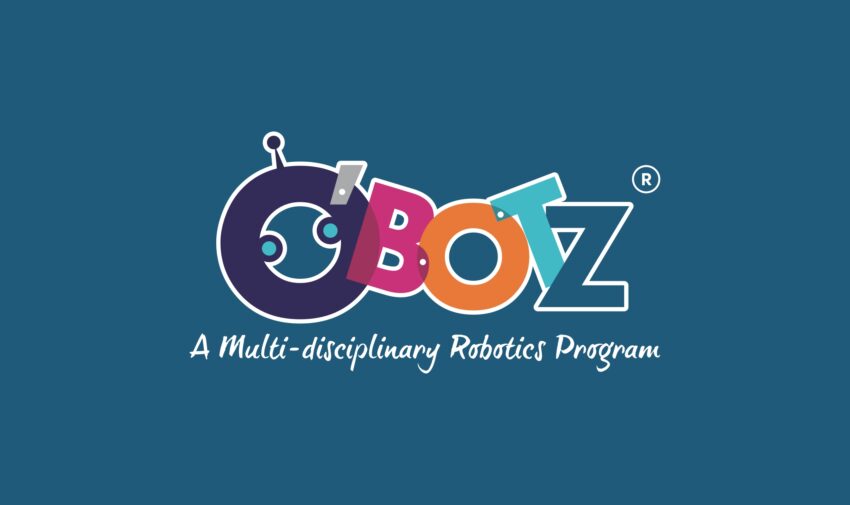Coding bootcamps are short, intensive programs designed to teach coding and software development skills to children. Instead of lengthy, theory-based lessons, these programs emphasize hands-on, project-oriented learning, where students build real applications and learn to solve real-world problems. According to Course Report, most bootcamps focus on in-demand languages like Python, JavaScript, and HTML, ensuring learners gain skills that match the current tech landscape.
In Canada, bootcamps are particularly popular in tech-driven cities like Toronto, Vancouver, and Montreal, where companies actively seek skilled coders. Many of these bootcamps also provide career support, helping with portfolios, interview preparation, and networking. So when parents hear about “coding camps” or “teen bootcamps,” they’re essentially looking at fast-track, immersive programs meant to give students a head start in the digital world.
When Bootcamps Make Sense for Teens
Coding bootcamps aren’t meant for every teen, and they definitely shouldn’t replace foundational learning. They tend to work best for students who already have a spark for coding, some basic understanding of programming, and the motivation to push themselves further. Teens nearing the end of high school often find them useful for building real-world projects and getting a taste of what a tech career might feel like.
That said, if your child is just beginning to explore technology, gradual exposure is often more effective. Coding class for teens or an after-school club can build confidence, curiosity, and fundamental skills before diving into something intense. For insights on how young learners are adapting in the age of robotics and AI, check out this piece on Gen-Alpha & the AI Revolution in Robotics. The goal is to channel curiosity first, then scale up when the foundation is strong.
How to Choose the Right Bootcamp
Choosing the right coding bootcamp for your teen isn’t just about finding the most popular program. It’s about matching their learning pace, interests, and future goals. Here’s a quick checklist to help you make a smarter decision, and some great alternatives if a full-time bootcamp isn’t the right fit.

